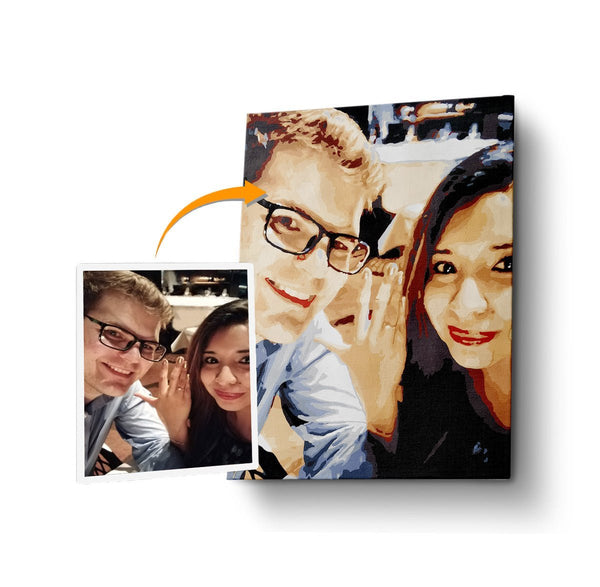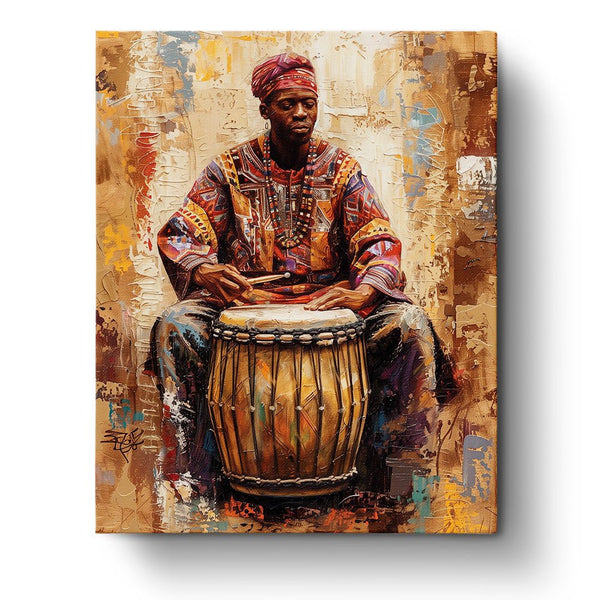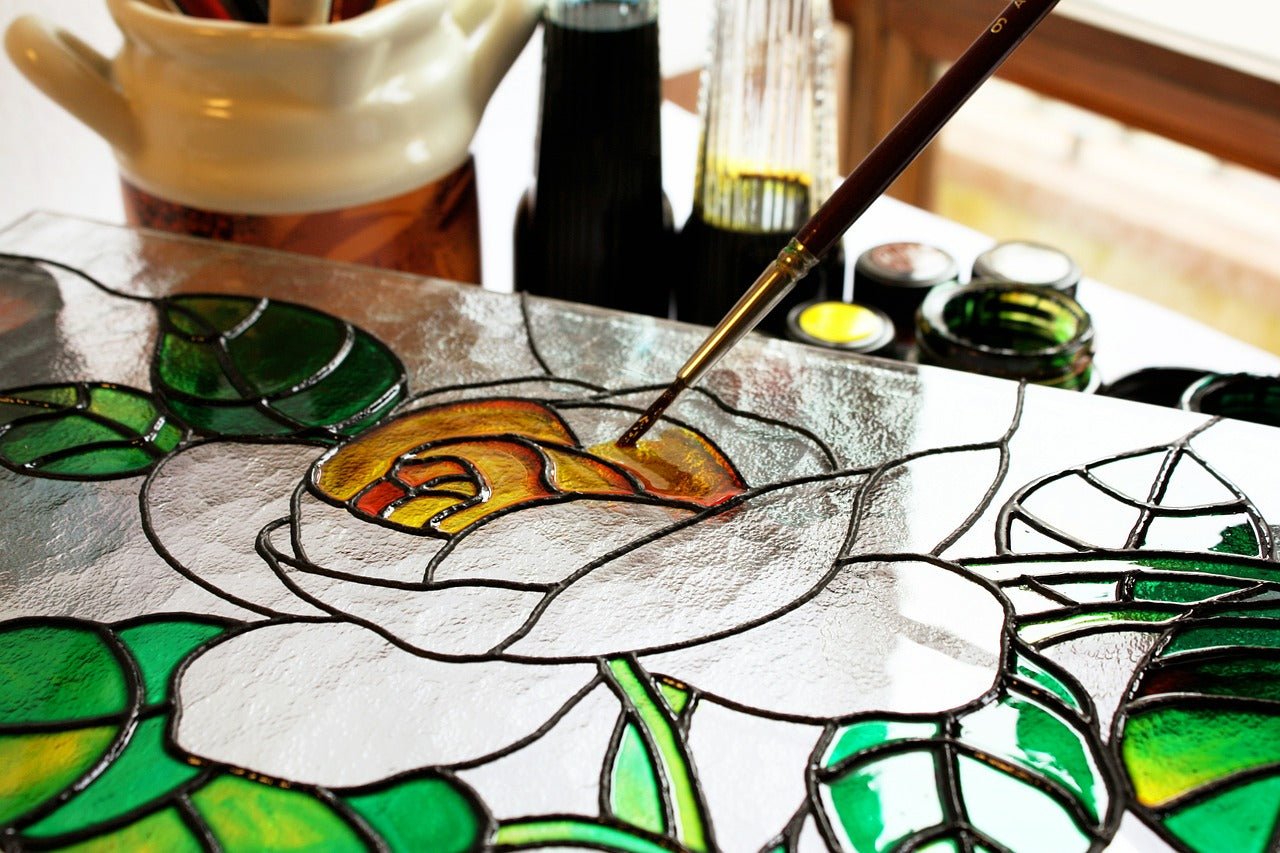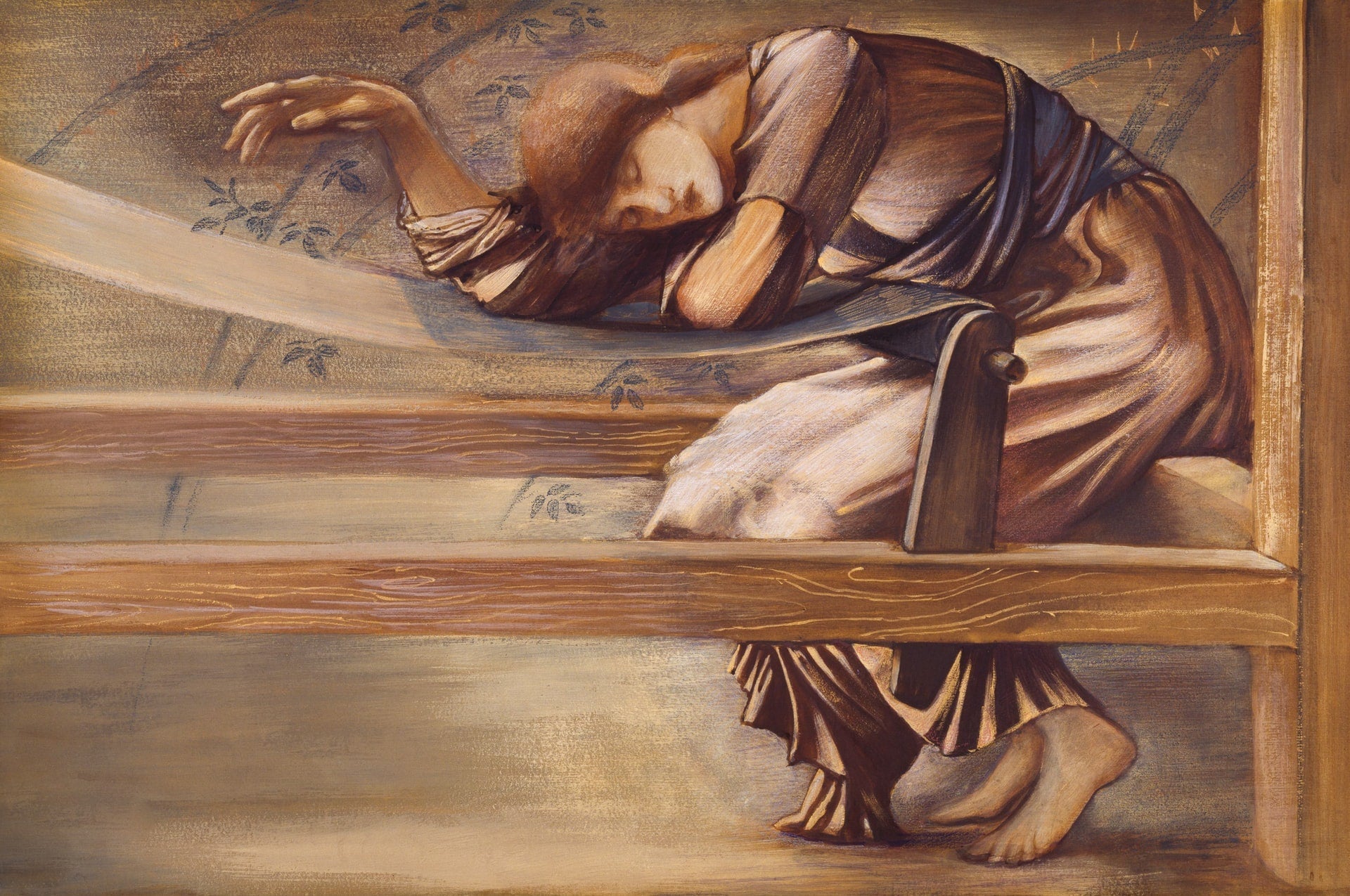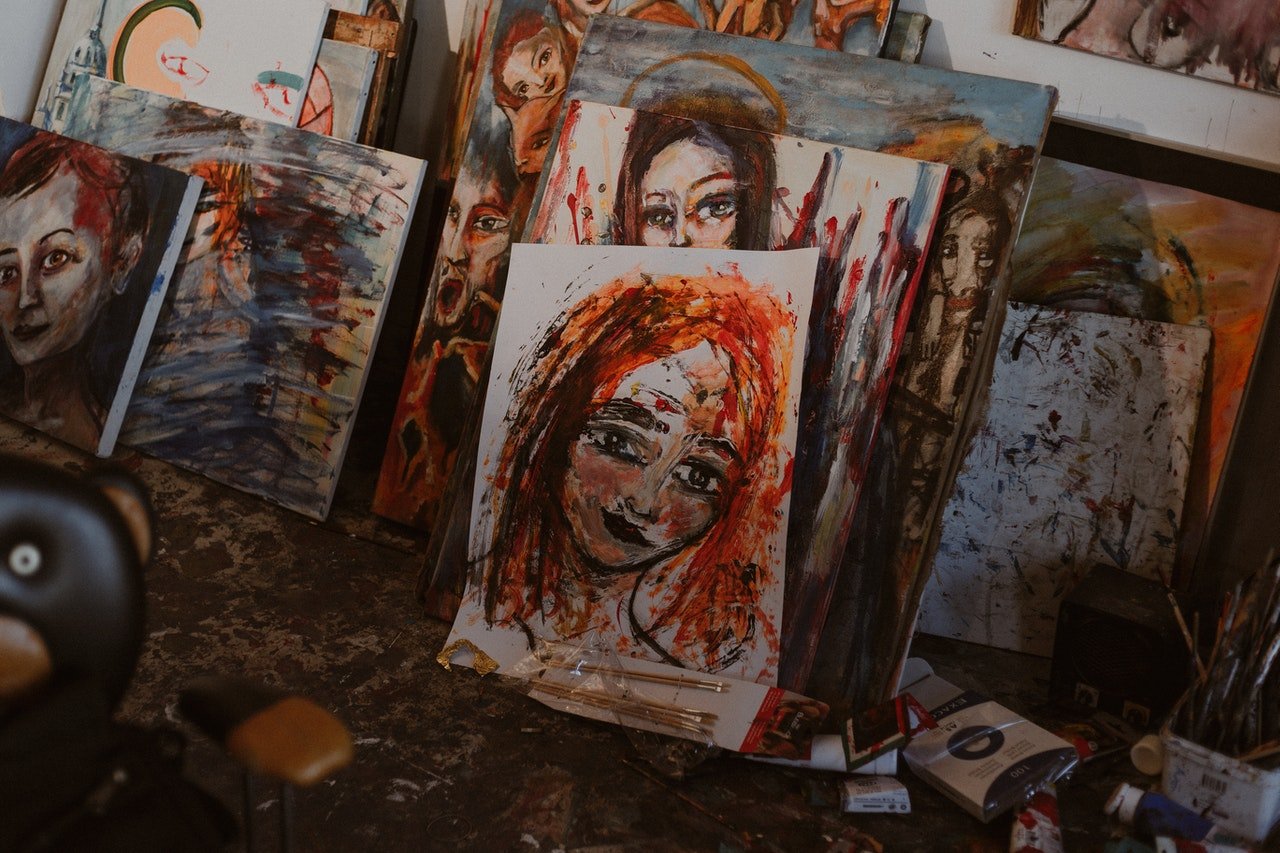
Creativity is in All of Us, You Just Have to Find Inspiration
Many people believe that creativity is reserved for artists who are born with talent. They think that creativity is something that you’re born with, something intrinsic or something that a person possesses naturally. However, everyone is born with creativity, including you. You just have to nurture and nourish it, as well as to stay inspired all the time– which is the secret of most artists. Remember: creativity is in all of us so in this article, let’s discuss how to discover your inner creativity by practicing, exploring, and discovering that the world is so much bigger than your house. Keep on reading this article to help you light up the flame inside to get those creative juices flowing in your veins!

The sad thing about the present corporate world is that creativity is often discouraged among employees and professionals, as if they live in a monotone world without colors, just black and white. While most jobs do not leave room for creativity, that doesn’t mean that you should discourage yourself from being creative, especially if it’s already in your nature. On top of your job, you can exercise your creativity through arts and crafts and other hobbies. Plus we need to stop the mindset that creativity is only applied in the arts because the thing is, this important trait and life skill lead us in the modern world. Even though you’re not a practicing artist, this skill is still very useful daily. Creativity can also be applied in math, science, research, and beyond the discipline of the arts.
What is Creativity?
This word is hard to define because it is a phenomenon that the human brain cannot understand sometimes. Being creative is synonymous with talent, capabilities, innovation, and abilities. Creativity is characterized as lateral thinking or the capacity to view the environment in novel ways, uncover hidden connections, link seemingly unrelated events, and produce solutions to enhance the problem. Creativity consists of two processes: thinking and creating.
Thus, creatives are described to have the capacity to develop or discover ideas, options, or possibilities that may be valuable in problem-solving, communication with others, and entertainment for ourselves and others.

Why Creativity is in All of Us
Is it true that some people are born extra creatively compared to other people? Is it possible to learn or teach the skill of being creative? Is it just available to a select few? How do you identify folks with the unique ability to innovate? These are some of the perplexing problems that arise when we try to determine who is creative and who isn't. But the thing is, everyone can be creative, whether they recognize it or not. Many people believe that creativity is just either of these two choices: either you have the skill or you don't. But we all have it. It's only a matter of nurturing it.

When it comes to the topic of creativity, it's quite inevitable to think of incredible creatives like Beethoven, da Vinci, or Einstein. They were all regarded as "creative geniuses" because of their rather unusual skills, which contributed to worldwide innovation in their respective disciplines. Their form of creativity is called "Big C creativity," which is also known as eminent creativity, and it is uncommon in regular life. Not everyone is capable of producing works of art, music, or scientific theories that are novel to the world which changed the course of history. And whether we notice it or not, we live in the crumbs of their creativity, and innovations that we have today may not be possible without them.
Daily Dose of Challenge: Practice Creativity Everyday
Do you now believe that creativity is in all of us? Well, if you don’t feel the creative juices flowing in your veins yet, that’s because you haven’t tapped in your intuition and let your imagination shine. To help you spark the flame, we have a dose of a challenge for you to help you develop and nurture this wonderful gift of innovation. Here are some challenges that can motivate and inspire you to be more creative:
1. Set a time off social media:
Believe it or not, phones and gadgets are killing our creativity to some extent because instead of developing craftsmanship and practicing artistry, we tend to spend more time browsing the internet than ever. While technology has its advantages, it also comes with a handful of disadvantages and one of those is that it distracts us from what truly matters– to experience things, to live, to catch small details, to go outside and explore, to be inspired.
So, instead of using gadgets and wasting the time that we will never get back, try to be more productive instead. We’re not telling you to disregard the use of gadgets completely, just set a time off where you don’t use them – even two to three hours will do, so that you can experience the beauty of life and translate it to your own creativity.

2. Experience art:
While creativity isn’t all about the arts, art can immensely improve this skill. According to Einstein, “creativity is intelligence having fun” which quite literally implies that this skill and intelligence are related or connected. If you feel like you can’t create art, that doesn’t mean that you can’t experience art. Try to read books, look at paintings, watch award-winning films and theater plays, listen to music, go to town and explore murals, and so much more. This will help you jumpstart the creativity that you need to create your art.
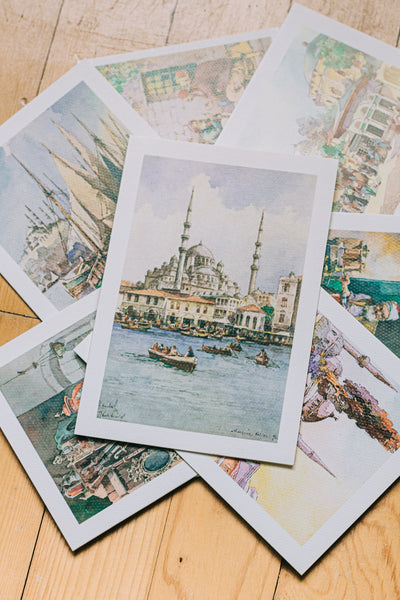
3. Do not limit yourself to a single perspective:
Many people think that solving one problem requires a single solution but that’s linear thinking. To be creative, you must think laterally for you to look at things on a wider scale and come up with more solutions that are better.

Final Insights
So, do you now believe that creativity is in all of us? The skill of creativity is crucial in every individual and our society in general on many levels due to the fast-changing environment that makes us feel like we're the machines and robots of capitalism. Being creative promotes personal happiness and is vital for economic progress. This is why, in educational settings, creative thinking must be a top emphasis. Similarly, in the workplace, innovation must be recognized and fostered. After all, creative thinking is what leads to critical thinking and development in a variety of fields.


